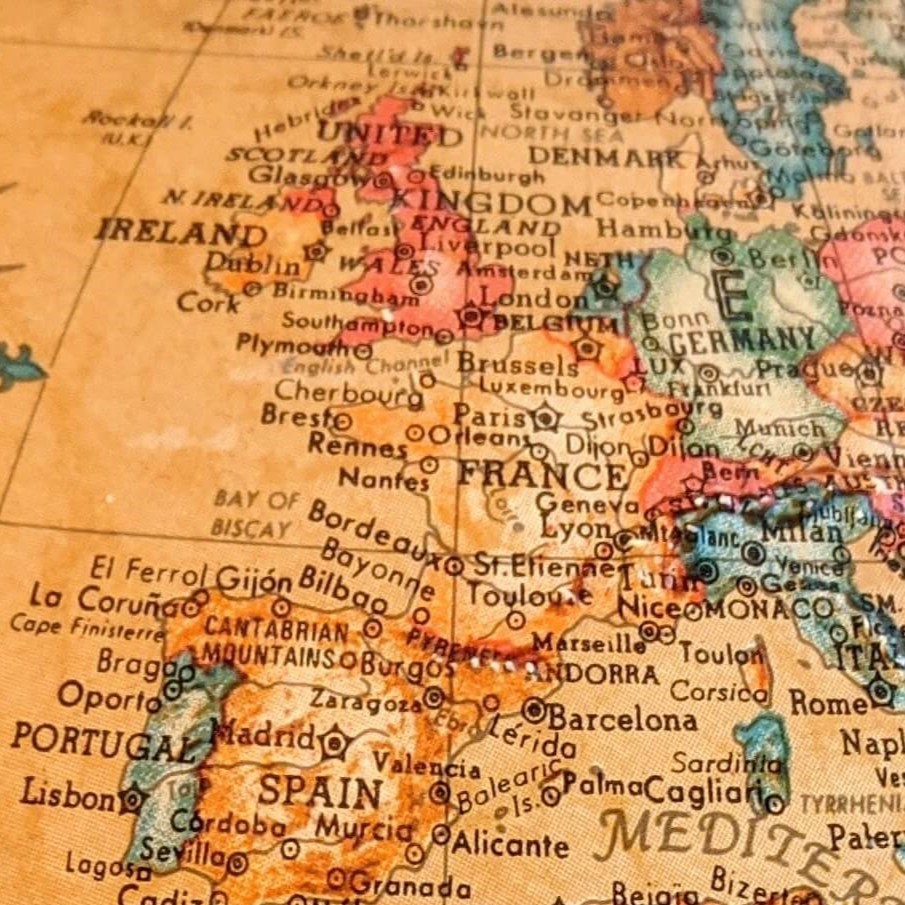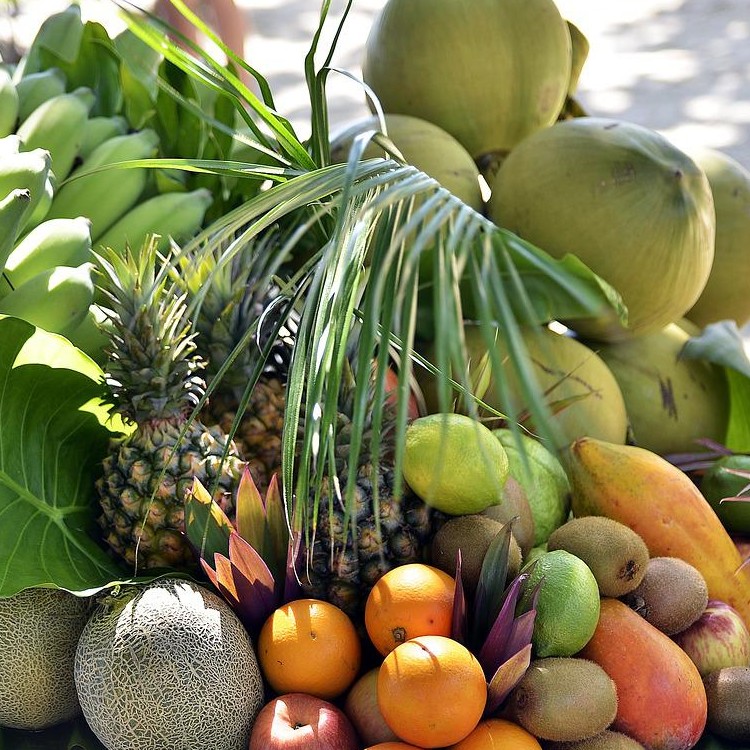In the mid-to-late 2010s, a new trend emerged that caught the attention of many in the hospitality space: vacation rental homes becoming popular. The top players in this new market were Airbnb and Vrbo, and together they created a massive network of individual property owners who rented their space to travelers from around the world. Many believed that the world’s largest hotel chains would be forced to either adapt or be left behind by this revolutionary business model. But over 15 years after Airbnb’s founding, hotel chains continue to thrive and make profit in the hospitality market.
globalEDGE Blog - By Author: Cameron Levis
Publish Date:
Europe’s three largest economies by nominal GDP are Germany, the United Kingdom, and France. As the entire continent struggles through a period of economic turmoil that began in late 2022, how are its top three economies faring?
Publish Date:
Historically, foreign investment in African nations has tended to do more harm than good for the country's people. Africa’s many developing nations are rich in natural resources and host an abundant workforce, but reliance on markets like petroleum and mining has led to more exploitation than profits. In many cases, these industries have been foundational causes of civil unrest, disease, and violence. In recent years, however, the growth of one innovative industry puts Africa in a position to draw investments of a much safer and more valuable nature: telecommunications.
Publish Date:
Warmer weather is approaching, and with it comes the chance to enjoy all-natural, refreshing summer fruits. Bananas, coconuts, grapefruits, guava, pineapples, mangoes, and more all serve as welcome complements to the warmth of summer. While this is the only time of year to enjoy such treats at their best throughout much of the United States, many countries rely on the year-long production of the fruits as a key contributor to their inner economy and diet.
Publish Date:
Global inflation is on the rise in 2021. Though inflation has experienced common fluctuations throughout modern history, this occurrence is particularly interesting because it cannot be traced to any typical cause of inflation: today’s increasing prices aren’t caused by a significant rise in consumer demand, they aren’t caused by wage increases, and they aren’t even caused by external cost spikes. Instead, the root of late 2021’s inflation is almost entirely logistical, and it presents itself in the form of supply chain bottlenecks, costly backups that are applying immense upward pressure on prices. Carrying some of the blame for these backups, and in the middle of a desperate scramble for workers, is the trucking industry.
Publish Date:
Though COVID-19 is far from behind us, businesses and international trade are coming to life again after an unprecedented slowdown in 2020. While much of the world will be relieved by the global economy’s slow progression toward pre-pandemic levels, the recovery will inevitably bring with it some of our pre-pandemic problems. Pollution and waste represent a particular area of concern. No business comes without pollution, and in spring 2021, one facet of pollution is causing notable distress in the international business world: recyclable plastics.








